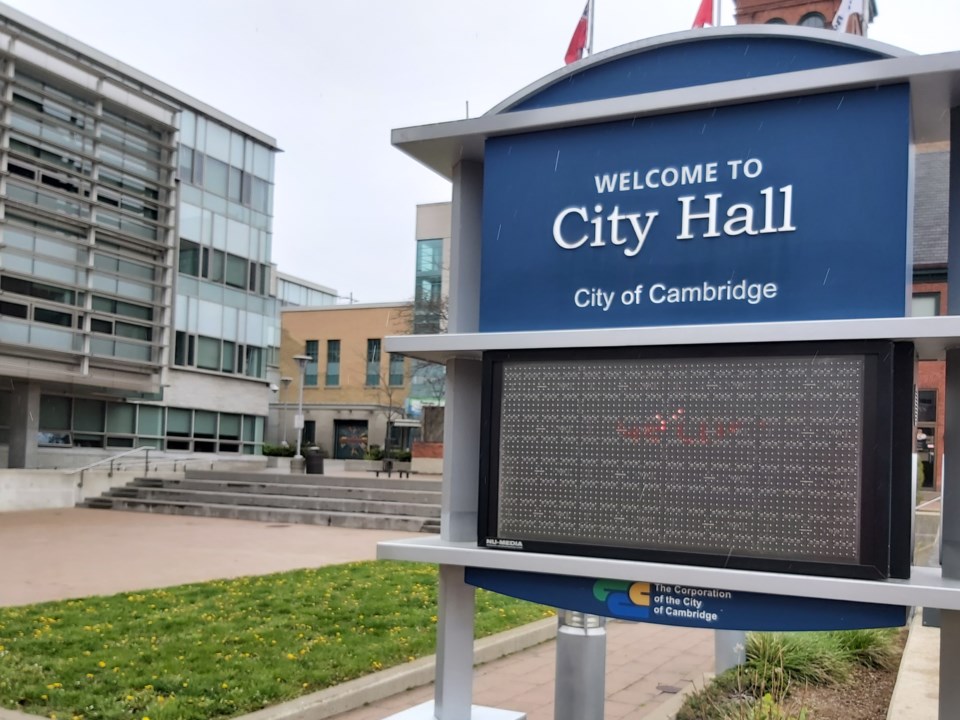Cambridge is among the Ontario municipalities that have expressed frustration with seeing local planning decisions overturned by the Ontario Land Tribunal.
Now councillor Jan Liggett wants the rest of council to get on board a larger movement seeking to dissolve the provincial authority responsible for resolving land use disputes.
Liggett presented a notice of motion at the Feb. 1 council meeting calling for legislative change.
The motion mirrors a call for action that will be tabled at more than 60 Ontario municipalities this month, seeking support for “removing powers from an unelected, appointed body that is not accountable to the residents of the City of Cambridge.”
Aurora Mayor Tom Mrakas is leading the push to get more Ontario municipal leaders on board the movement.
The independent administrative tribunal that replaced the Ontario Municipal Board (OMB) last year is tasked with adjudicating matters related to land use planning, environmental and natural features, heritage protection, land valuation, and related matters, and has final say on municipal land-use disputes.
In the majority of cases, the OLT mediates appeals from developers who didn’t get their way at the municipal level because their projects included official plan and zoning amendments that municipal staff and councils didn’t agree with.
Two recent Cambridge examples of projects that landed in appeal hearings at the OLT are the Forbes Estate plan and 151 Main St. in Galt.
Those projects were either deferred by council indefinitely due to community concerns, or failed to get approval.
Mrakas was among the group of elected officials from the GTA who called for reforms of the Ontario Municipal Board back in 2017.
Liggett was among a number of local councillors who attended a summit organized by Mrakas on proposed reforms placing limits on the powers of the quasi-judicial body.
The province listened by creating the OLT last June, merging the Local Planning Appeal Tribunal, Environmental Review Tribunal, Board of Negotiation, Conservation Review Board and the Mining and Lands Tribunal into one.
But the reforms didn’t appear to change anything and may have made it worse, Liggett said.
“It’s really taking the decision making out of the hands of the local authorities, regional council and the cities, and it seems to many of us that it’s worse than it ever was,” she said.
She likens the OLT to a Minister’s Zoning Order, the planning tool used to expedite developments that are tied to things like job creation and affordable housing by circumventing the public consultation that is part of the normal planning approval process.
“When you take away the authority of a local municipality to make a decision on their community, then we can’t represent the people. We can’t represent how our city’s going to grow,” Liggett said.
The power to make decisions on behalf of residents is “taken right out of our hands so we no longer represent our community,” she added. “And that happens too much at the Ontario Land Tribunal.”
“I imagine this will go through the province like a wave,” Liggett said.



